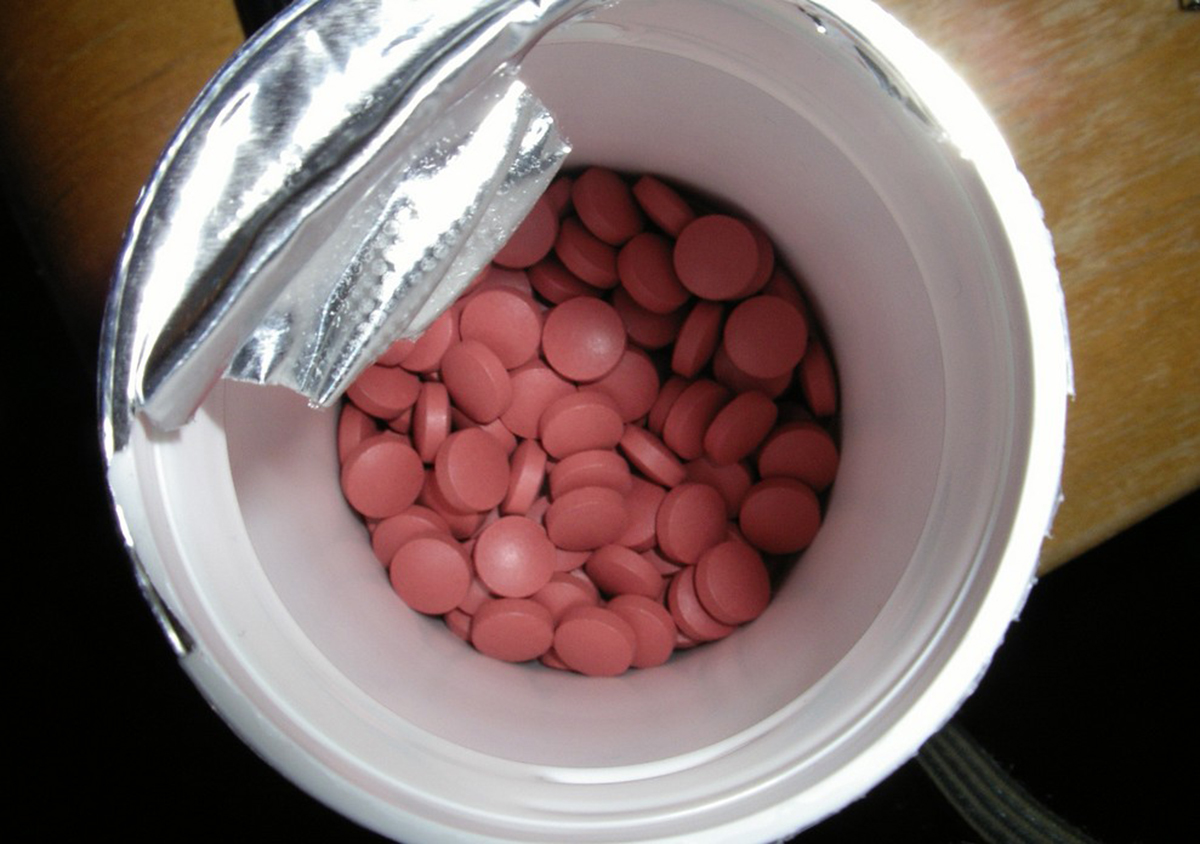Table of Contents
For over 50 years, natural health gurus have been telling us that free radicals of oxygen are always bad and antioxidant supplements are always good, but the reality is not that simple. The process of releasing energy from glucose by combining it with oxygen produces free radicals, and the mitochondria in each cell have elaborate ways of capturing most of them so that they do not cause damage. Larger numbers of free radicals of oxygen escape the mitochondria when the muscles are using large amounts of glucose with large amounts of oxygen, as they do during endurance exercise, but cells have multiple methods of neutralizing them.

But what are the supplements that are really important for building muscle?
For most healthy people working out to build muscle mass, the branch-chain amino acids, especially leucine, are a helpful supplement.
In a Leeds Metropolitan University (UK) study, healthy men working to get into shape were given either 4 grams of leucine, a branched-chain amino acid, or a placebo on top of their usual diets. At the end of 12 weeks, the guys who got leucine were doing better all around. They had 30% higher strength gains than the men who had received placebo, and 40% higher muscle mass gains.
You will notice, however, that we did not insert a "buy now" link with an advertisement for leucine into the middle of this article.
Leucine is important for building muscle because higher levels of leucine keep the proteasomes, which are the "recycling units" of muscle for used proteins, from working too fast. Anytime you get as much as 5 grams of leucine with a meal, and that's the amount of leucine in a serving of most protein foods, your muscle cells will not go into breakdown mode for another 8 to 12 hours or so. This fact is one of the reason athletes need their sleep--and it actually is not a good idea to get up and eat a midnight snack.
See Also: Are Vitamin C Supplements Safe And Beneficial?
Leucine supplements, however, aren't necessary if you are already maxing out on your daily protein from meat, dairy, fish, eggs, and high-protein plant foods. It's only if you are for some reason restricting your protein, you've decided to become a vegetarian, for instance, or you have a kidney infection or some other medical problem for which your doctor has told you to avoid protein, that a branched chain amino acid or leucine supplement makes sense.
Everybody needs antioxidants. We just don't need them in huge doses. Moderation in supplementation is often the best way to get the most gains from any exercise program. Just a little is usually enough.
- Paulsen G, Cumming KT, Holden G, Hallén J, Rønnestad BR, Sveen O, Skaug A, Paur I, Bastani NE, Ostgaard HN, Buer C, Midttun M, Freuchen F, Wiig H, Ulseth ET, Garthe I, Blomhoff R, Benestad HB, Raastad T. Vitamin C and E supplementation hampers cellular adaptation to endurance training in humans: a double-blind randomized controlled trial. J Physiol. 2014 Feb 3.
- Strobel NA1, Peake JM, Matsumoto A, Marsh SA, Coombes JS, Wadley GD. Antioxidant supplementation reduces skeletal muscle mitochondrial biogenesis. Med Sci Sports Exerc. 2011 Jun,43(6):1017-24. doi: 10.1249/MSS.0b013e318203afa3.
- Photo courtesy of Port of San Diego by Flickr : www.flickr.com/photos/portofsandiego/7244592000
- Photo courtesy of Anne Thorniley by Flickr : www.flickr.com/photos/otama/2576443360/


Your thoughts on this